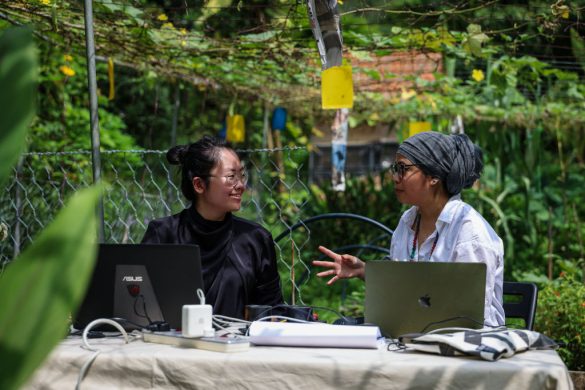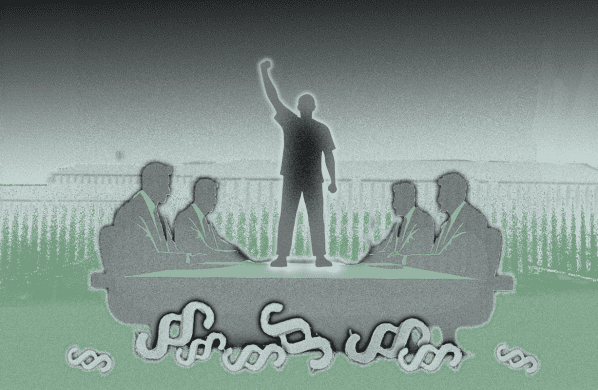About 50 members of the rights group, Women of Zimbabwe Arise (WOZA), have embarked on a 440 km march to the capital, Harare, to protest a proposed bill that will regulate NGOs, reports IRIN.
The drum-beating, whistle-blowing activists began the march on Sunday in Bulawayo, Zimbabwes second largest city. They are expected to reach the capital on 4 October and will assemble outside parliament to present a petition against the controversial bill.
– What we are basically saying is that we are diametrically opposed to the proposed bill, because, should it find its way through parliament, it will mean suffering to many women and children. Of course, there are many risks that include being arrested on the way and being attacked by wild animals as we sleep in the open at night, but we are absolutely undaunted, WOZA spokeswoman Jenny Williams told IRIN from Gweru City, some 200 km north of Bulawayo.
The protesters, aged between 20 and 60, intend to “be a physical and spiritual presence outside the parliament when it opens on 4 October and hope to convince the conscience of the legislators against the bill,” Williams said.
– The NGO Bill, if passed in its current form, will strike at the lives and very survival of women and their families. Most of the women are beneficiaries of donor food and have HIV/AIDS orphans that they care for. This walk symbolises a defending of the kindness of the donor community, and a way of saying how much their help has meant to Zimbabweans,” said WOZA in an additional statement.
The proposed bill, which replaces the Private Voluntary Organisations Act, requires all NGOs to register with a government-appointed regulatory council, similar to the controversial Media and Information Commission, and disclose details of their programmes and funding.
NGOs without registration licenses will be shut down, and officials who continue their activities illegally could face up to six months in prison.
Organisations involved in charity work, disbursing humanitarian assistance, the provision of funds for legal aid, animal welfare, environmental issues and the promotion of human rights are all covered in the bill.
The proposed legislation also seeks to ban foreign NGOs concerned principally with “issues of governance”, and deny registration to NGOs receiving foreign funding for “promotion and protection of human rights and political governance issues”.
The authorities have countered that the draft bill is meant to regulate the operations of NGOs for national security reasons.
Kilde: FN-bureauet IRINnews















